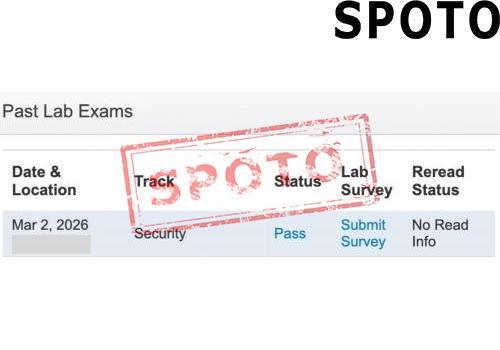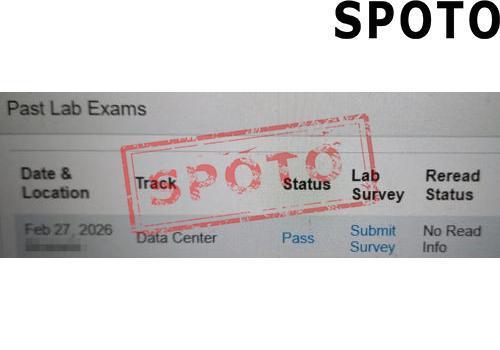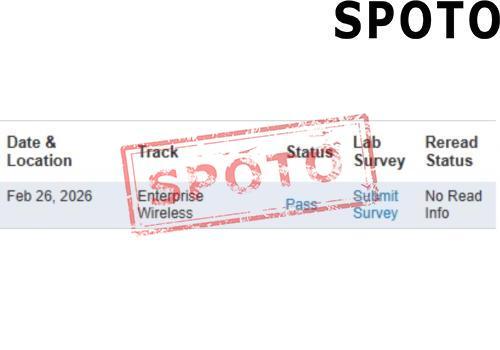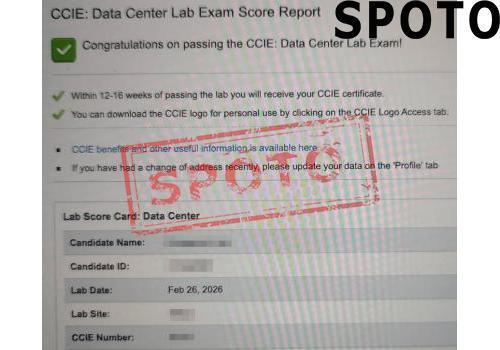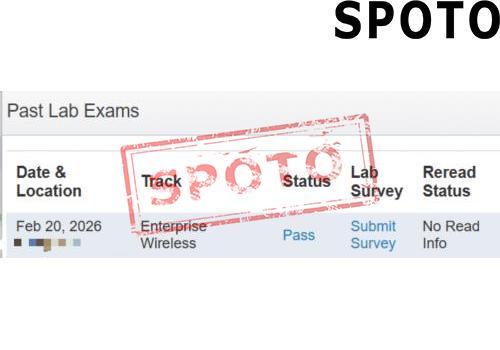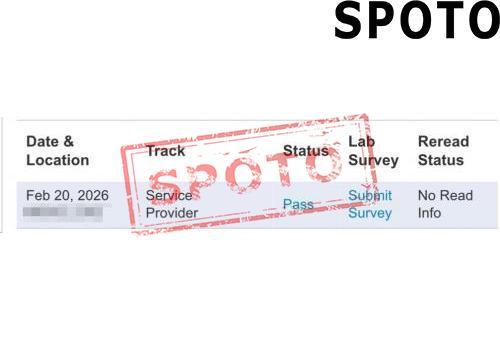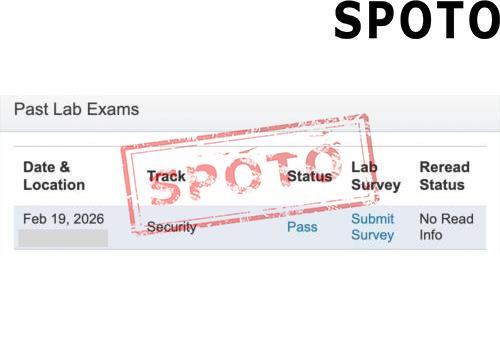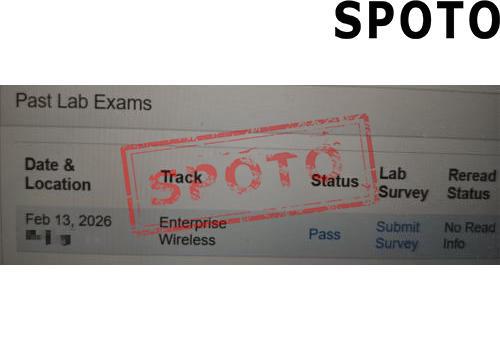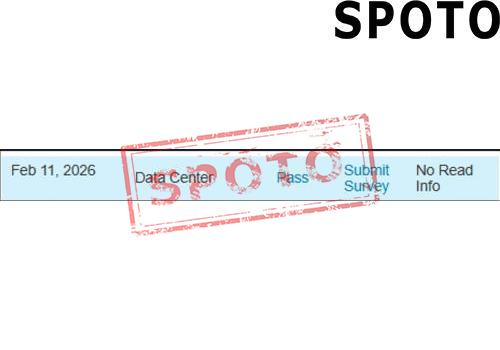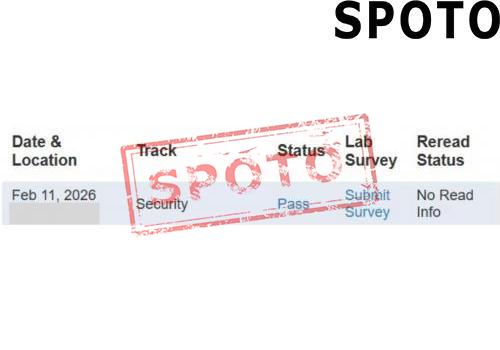
Table of Contents
One of the most extensive commercial innovators in the networking industry is Cisco Systems, Inc., as it was established in December 1984. This 39-year-old business provides various networking-related products, including routers, switches, firewalls, modules, and storage area networks (SAN). It also provides Cisco certifications like Cisco Certified Network Associate, Cisco Certified Network Professional, and Cisco Certified Internetworking Expert, which are well-known. The IT industry highly values all of the CISCO certifications.
Why Cisco Certifications Matter:
Cisco certifications have long been respected in the IT industry as benchmarks of technical prowess. They validate a professional's ability to design, implement, and manage complex networking solutions, and each level signifies a distinct group of proficiency.
CCNA (Cisco Certified Network Associate):
The CCNA certification serves as an entry point, laying the foundation for networking knowledge. Holders of this certification are equipped to configure, troubleshoot, and operate networks.
CCNP (Cisco Certified Network Professional):
Moving up the ladder, the CCNP certification requires a deeper understanding of network solutions. Professionals at this level can plan and implement advanced networks, making them valuable assets to organizations.
CCIE (Cisco Certified Internetwork Expert):
The CCIE certification is the pinnacle of Cisco certifications, denoting an unparalleled level of expertise. CCIE-certified professionals can architect, engineer, implement, troubleshoot, and optimize intricate networking solutions.
The Role of Trainers:
Trainers play a vital role in shaping the success of certification candidates. They provide guidance, impart knowledge, and ensure candidates are well-prepared for the rigorous exams. But what qualities should you look for in a Cisco CCNA, CCNP, or CCIE trainer?
Expertise and Experience:
The trainer's expertise is the cornerstone of practical training. A seasoned professional with hands-on experience in networking gets better equipped to provide practical insights and real-world scenarios. Look for trainers who possess the certification and have worked on diverse networking projects.
Up-to-Date Knowledge:
Networking is a dynamic field that's constantly evolving. A reputable trainer should be up-to-date with the latest industry trends, technologies, and best practices. It ensures that candidates get prepared to tackle current challenges and future innovations.
Engaging Teaching Style:
Technical knowledge is best absorbed through engaging and interactive teaching methods. A skilled trainer knows how to break down complex concepts into understandable components, fostering a deeper understanding of the subject matter.
Practical Labs and Simulations:
Hands-on experience is invaluable when preparing for Cisco certifications. Look for trainers who provide access to lab environments or simulation tools that allow candidates to practice configuring and troubleshooting networks in a controlled setting.
Personalized Support:
Every learner has unique strengths and weaknesses. A great trainer offers personalized support, addressing individual concerns and adapting the training to cater to the variable needs of candidates.
Exam Preparation Strategies:
Cisco exams can be demanding, and a trainer who offers exam-specific tips, study strategies, and practice tests can significantly boost your chances of success.
Positive Reviews and Recommendations:
Feedback from previous learners can be a reliable indicator of a trainer's effectiveness. Look for trainers with a track record of success and positive testimonials from those who have benefited from their instruction.
Choosing the Right Trainer:
Now that you understand the qualities to seek in a Cisco CCNA, CCNP, or CCIE trainer, how do you go about finding the right fit?
Research Extensively:
Start by researching trainers online. Check their websites, read reviews, and explore their social media presence to get a sense of their teaching style and credentials.
Attend Webinars or Workshops:
Many trainers offer free webinars or workshops. Attending one can give you a taste of their teaching approach and help you assess if it aligns with your learning preferences.
Ask Questions:
Don't hesitate to reach out to trainers with your questions and concerns. Their responsiveness and willingness to address your queries can give insights into their commitment to their students' success.
Seek Recommendations:
If you're part of professional networking groups or online forums, ask for recommendations from fellow professionals who have successfully obtained Cisco certifications.
Evaluate Training Materials:
Look at the study materials, resources, and tools offered by the trainer. Comprehensive materials can contribute to a well-rounded learning experience.
CCIE demands a single core test and a single lab exam:
The enterprise, security, service provider, collaboration, or data-center technology core exam comes first, followed by one lab test from the same technology track for the Cisco Certified Internetwork Expert (CCIE) level. Initial lab test options for the enterprise technology track include enterprise infrastructure and enterprise wireless. The fundamental examination for both CCIE and CCNP certifications gets a single written test. The new CCIE lab test measures candidates' proficiency across the adoption lifecycle of planning, implementing, running, and optimizing complex network situations. To evaluate these abilities completely, the lab format has been altered. Before taking the lab exam, candidates must complete the technical core exam.
Professional credentials do not require CCNA certification:
Candidates can begin obtaining an associate, specialist, professional, or expert level certification at any level because there is no requirement. At all levels, recertification is now possible with the use of continuing education credits. They were previously exclusively accessible to CCIEs. Training sessions, creating content, finishing online training programs, instructor-led training programs, and other activities are all examples of continuing education.
Concentration exams are one of the CCNP alternatives.
There are two tests required to become a Cisco Certified Network Professional (CCNP). Applicants must pass a core test in one of five technological tracks (enterprise, security, service provider, collaboration, or data center) and one concentration exam in the same track of their choice. Technology core examinations address the fundamental and widespread ideas needed for a candidate to be knowledgeable about technology architecture. Concentration examinations allow the applicant to select a topic of interest to them or connected to the technological area they have chosen as their area of emphasis. These exams go further into relevant and related technology to the core.
